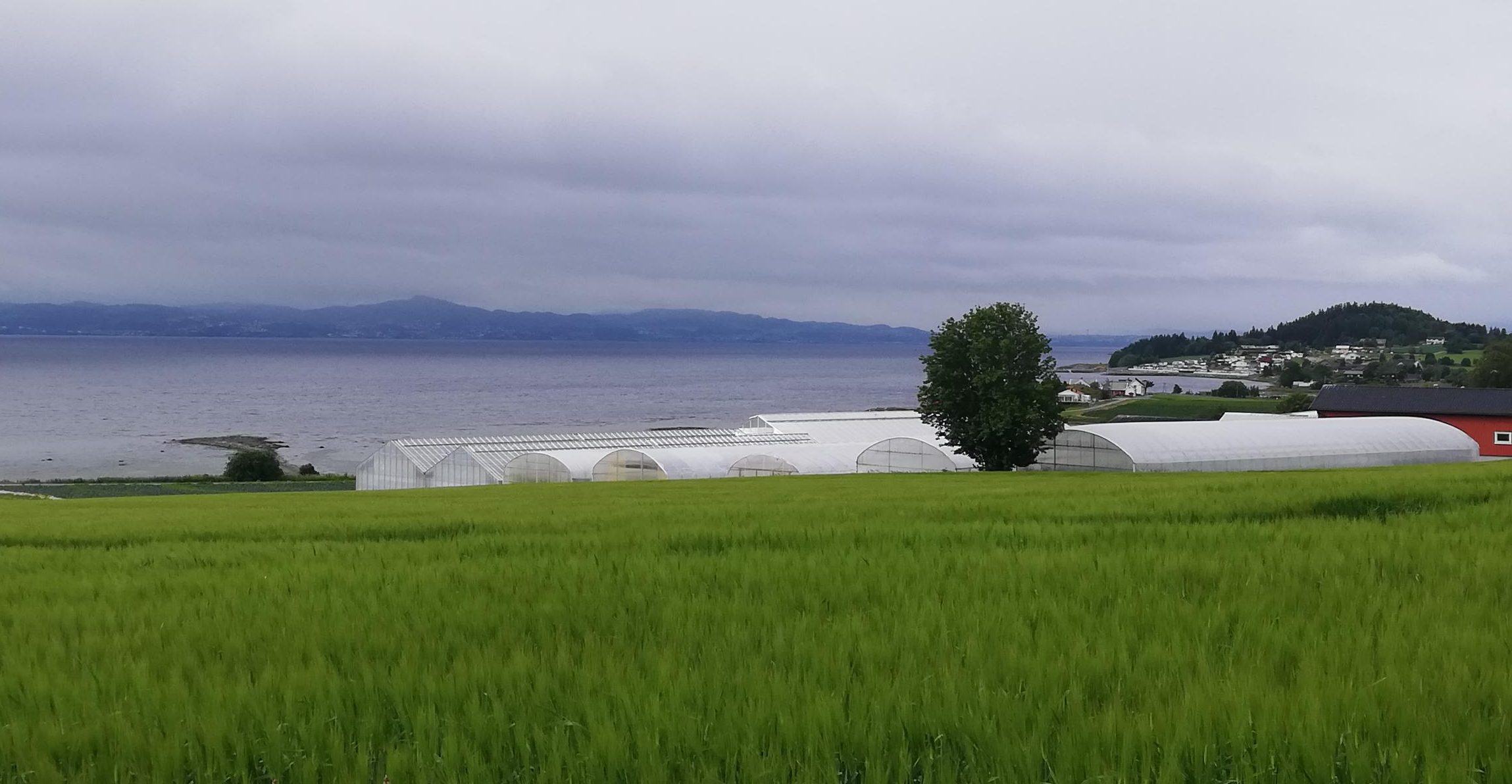Changing Trade Regimes and the Future of Agriculture and Rural Communities – Session at the 2019 European Society for Rural Sociology Congress, Trondheim, Norway
This week we are delighted to have a guest post from Jane Atterton, Policy Researcher at the SRUC’s Rural Policy Centre. She reflects on her participation in a session organised by the CRE’s Carmen Hubbard and Adrienne Attorp at the recent 2019 European Society for Rural Sociology Congress (ESRS) in Trondheim, Norway.

Vegetable farm outside of Trondheim
Working group 27 at the ESRS 2019 Congress, titled ‘Changing Trade Regimes: Opportunities and Challenges for Agriculture and Rural Communities’, featured five speakers each focusing on different challenges and opportunities currently facing agriculture and rural communities across Europe – a fascinating session which covered an incredible breadth of topics.
Dr Carmen Hubbard opened the session by presenting the key findings of her recent ESRC-funded project on Brexit and how UK agriculture and its different sectors may survive or thrive.
Dr Hannah Chiswell from the Countryside and Community Research Institute then provided further reflections on the future of UK agriculture, including the need to strengthen the farmer voice in current Brexit debates.
SRUC’s Dr Jane Atterton then discussed some of the key issues facing Scotland’s agricultural sector and its rural communities, set in the context of current policy drivers in Scotland, including community empowerment, land reform and inclusive growth.
Dr Paul Swagemakers from the University of Galicia in Spain provided some comparative reflections on the changing nature of the dairy sector in Galicia and the Netherlands.
Finally, Professor Scott Prudham from the Department of Geography and Planning at the University of Toronto provided a historical account of the evolution of, and current challenges facing, the Languedoc wine sector.
Speakers and participants then engaged in a lively discussion covering issues ranging from the role of cooperatives in wine production, environmental degradation, the importance of understanding the reasons for a range of different behaviours such as xenophobia and voting patterns, the future of the LEADER approach in the UK post-Brexit, and the importance of taking a historical perspective to understand current situations.
The session demonstrated the breadth of perspectives that can be taken to explore Brexit, from quantitative, economic approaches reviewing potentially different spatial and sectoral impacts, to more qualitative, social considerations exploring the behaviour changes of farmers and rural residents. The session also revealed that, although Brexit is often viewed as a unique situation, farmers and wider rural businesses and communities across Europe are dealing with the implications of policy changes and there may be learning that can be shared.
This blog was originally posted on SRUC’s Rural Brexit Hub. Thank you to Jane Atterton and SRUC for permission to post it here.
